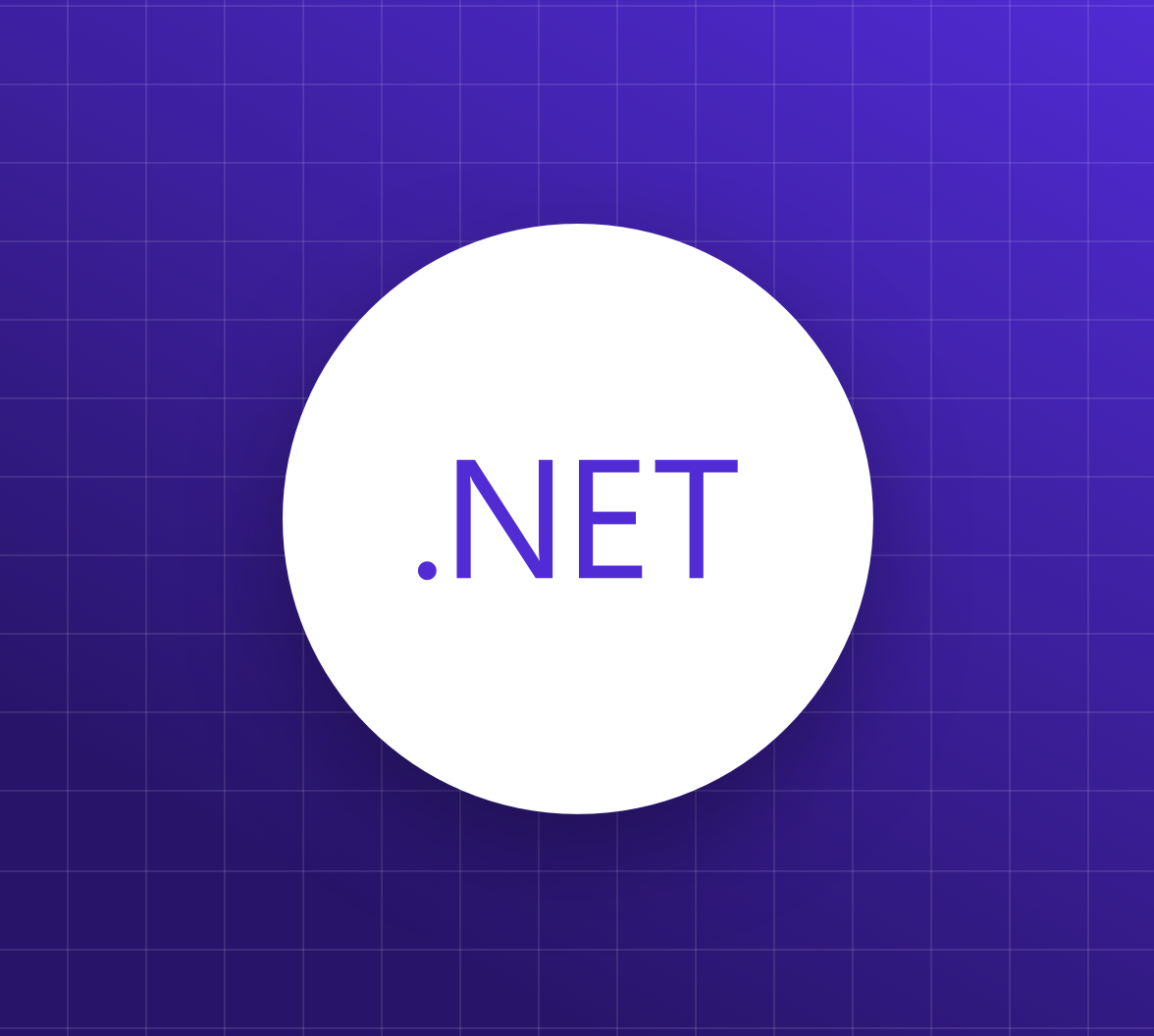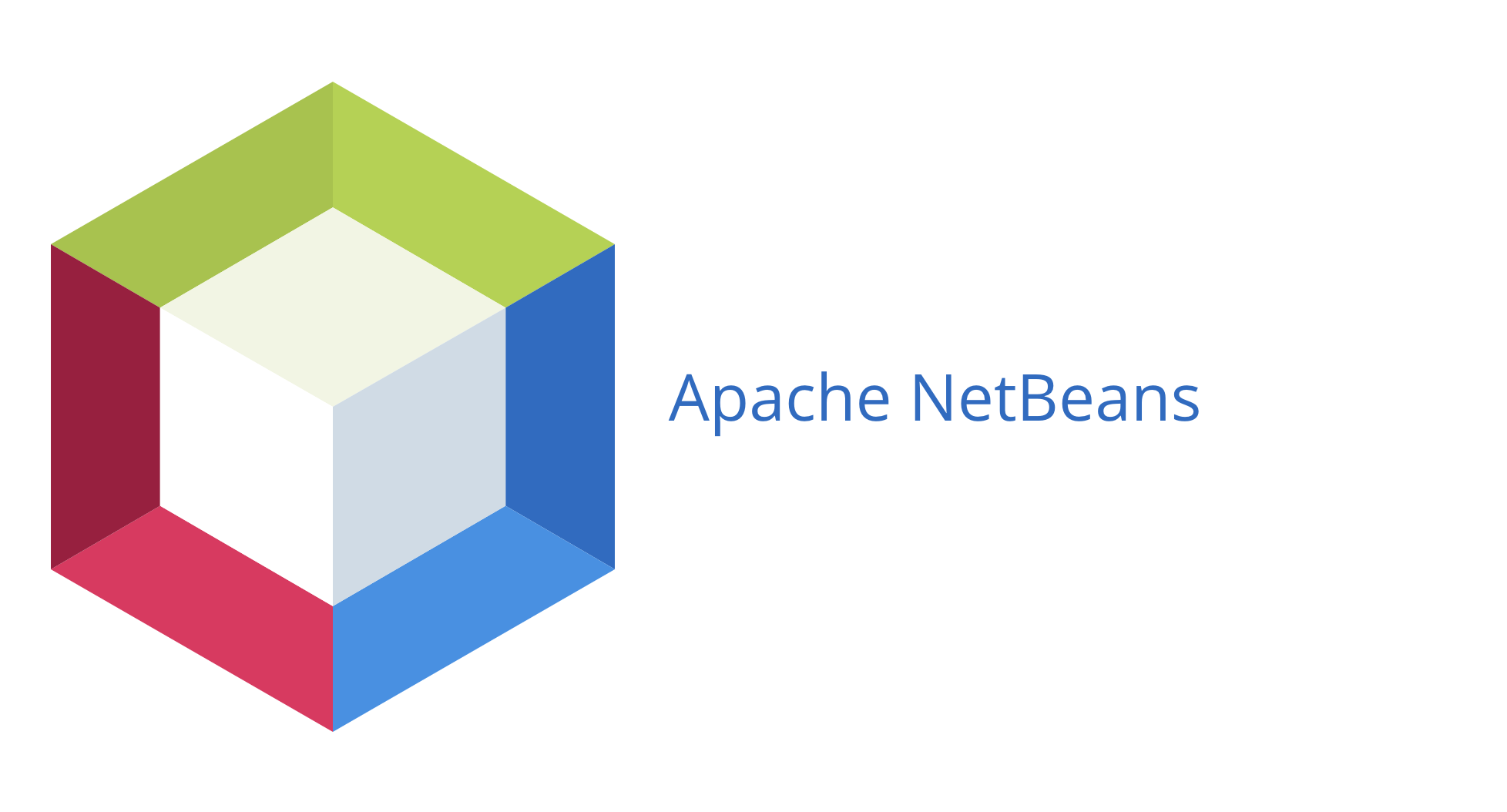Description
Introduction: Microsoft .NET Full Stack Development
Welcome to .NET Full Stack Essentials! Microsoft .NET Full Stack Development refers to the ability to build both front-end and back-end applications using the Microsoft .NET framework. A full-stack developer is proficient in all layers of software development, including the user interface (UI), business logic, data management, and deployment. The .NET platform provides a unified environment to create scalable, secure, and performance-efficient applications.
.NET Full Stack Essentials Development typically involves using ASP.NET for back-end development and a front-end framework like Angular, React, or Blazor for building modern, responsive user interfaces. Additionally, it includes working with databases, APIs and cloud services to create end-to-end solutions.
Prerequisites:
- Basic Programming Knowledge: languages like C#, Java or Python is essential.
- Understanding of Web Technologies: HTML, CSS, and JavaScript will help in front-end development.
- OOP Concepts: Knowledge of inheritance, polymorphism and encapsulation.
- Understanding of Databases: relational databases like SQL Server, CRUD operations.
- Version Control Systems: Familiarity with version control tools like Git.
- Experience with IDEs: Experience with Visual Studio or similar development environments.
- Problem-Solving Skills: Critical thinking and problem-solving skills for troubleshooting issues.
- Familiarity with APIs: REST APIs, how they interact with front-end, back-end components.
Table of Contents
1. Introduction to Full Stack Development
1.1 What is Full Stack Development?
1.2 Role of a Full Stack Developer
1.3 Introduction to .NET Framework
1.4 Overview of .NET Platform
1.5 .NET Core vs. .NET Framework
2. Setting Up Development Environment
3. C# Programming Basics
3.1 Variables and Data Types
3.2 Control Structures
- 3.2.1 If-Else
- 3.2.2 Loops
3.3 Functions and Methods
3.4 Classes and Objects
3.5 Error Handling and Debugging
4. Object-Oriented Programming in .NET
4.1 OOP Concepts
- 4.1.1 Inheritance
- 4.1.2 Encapsulation
- 4.1.3 Polymorphism
4.2 Interfaces and Abstract Classes
4.3 Exception Handling in C#
5. Front-End Development
5.1 HTML5, CSS3, and JavaScript Basics
5.2 Introduction to Angular, React, or Blazor
5.3 Component-Based UI Development
5.4 Routing, Forms, and Data Binding
6. ASP.NET Core for Back-End Development
6.1 Introduction to ASP.NET Core
6.2 MVC (Model-View-Controller) Architecture
6.3 Dependency Injection
6.4 Razor Pages and Views
6.5 Working with Middlewares
7. REST API Development with ASP.NET Core Web API
8. Database Development
8.1 Introduction to SQL Server and Entity Framework
8.2 Database Design and Normalization
8.3 CRUD Operations using Entity Framework
8.4 LINQ (Language Integrated Query)
8.5 Connecting Front-End to Back-End via Databases
9. Web Services and APIs
9.1 Introduction to RESTful Services
9.2 Building and Consuming Web APIs
9.3 Authentication and Authorization in APIs (JWT)
10. Microservices Architecture
11. Working with Version Control
11.1 Introduction to Git and GitHub
11.2 Setting Up a Repository
11.3 Branching, Merging, and Pull Requests
12. Cloud Deployment
12.1 Introduction to Azure for .NET Applications
12.2 Deploying Applications on Azure App Services
12.3 Working with Azure Functions, Storage, and Databases
13. Unit Testing and Debugging
13.1 Writing Unit Tests with XUnit/NUnit
13.2 Test-Driven Development (TDD) in .NET
13.3 Debugging Techniques in Visual Studio
14. Advanced .NET Concepts
14.1 Dependency Injection in .NET
14.2 Asynchronous Programming with async/await
14.3 Security Best Practices for .NET Applications
15. Project Management and Collaboration
15.1 Agile Methodology Overview
15.2 Scrum Framework and Sprint Planning
15.3 Collaborating with Teams using Tools like Jira and Azure DevOps
16. Capstone Project
16.1 Building a Full Stack Application (Frontend + Backend + Database)
16.2 End-to-End Project Demo
16.3 Best Practices and Code Optimization
By mastering these topics, a developer will be well-equipped to build enterprise-level, full-stack applications using the Microsoft .NET ecosystem.








Reviews
There are no reviews yet.